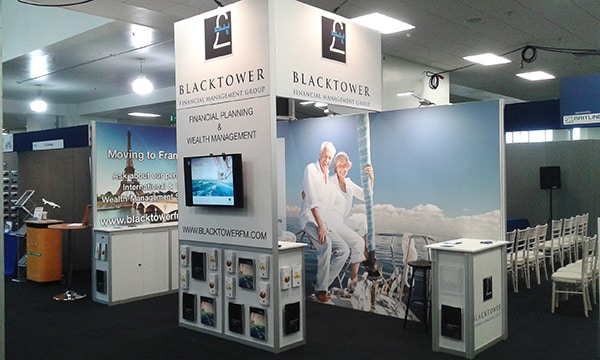Location
Although Portugal isn’t a large country, there’s a great deal of difference between the north and south, certainly in terms of weather. And although it’s a relatively inexpensive place to live, property prices can vary wildly depending on location. You can expect to pay a lot more for property in the urban centres such as Lisbon and Porto, and naturally the popular holiday destinations like the Algarve come at a premium. But further afield there are handsome country properties to be had for far less than you might expect; and in a compact destination like this, you’re never too far away from the cultural centres.
Mortgage rates in Portugal
After the housing market crash in 2008, Portuguese mortgage lenders are understandably wary about loaning money to house buyers and will want firm reassurance of your ability to repay the loan. That said, foreign buyers can expect to be able to borrow somewhere in the region of 60-70% of the property’s value – rising to 90% if you are a fiscal resident. As you would expect, Portuguese mortgage providers will only offer you a loan after they have made a thorough review of your financial situation. In basic terms, banks will use a comparison of your outgoings compared to your income; your outgoings including mortgage payments should not exceed 30-35%.
Mortgage interest rates in Portugal
The vast majority of mortgages for property in Portugal are standard repayment loans, where you will pay back the capital borrowed from the very first month. At the time of writing, interest only mortgages are unavailable, but this situation may change in the future.
Portuguese mortgage rates are set according to the Euribor rate plus the spread charged by your bank. Historically these have tended to be in the region of 3-5%, but interest rates have been falling steeply in recent months so better deals may be available.
Documents needed to apply for mortgages in Portugal
You will be required to produce some or all of the following documents for your Portugal mortgage application:
- Copy of passport
- Copy of Portuguese tax number
- Proof of address (copy of recent utility bill)
- Credit report
- Bank statements for the last 3 consecutive months
- Savings account statements for the last 3 consecutive months
- Latest valuations of any investment portfolios
- Last 3 pay slips
- Latest P60 (tax submission)
- Employers reference letter
Applying for Portugal mortgages
Once you have been through the preliminary stages of working out what you are eligible to borrow, and have selected a property in your price range, it will be necessary to deal directly with the bank or mortgage broker. Generally, they will provide you with a quote on a no-obligation basis and this can be dealt with at your local branch. If you then chose to go ahead, a formal quote will be provided setting out the details of the loan and conditions.
Once you are happy with the proposal, you will need to open a bank account with the lender and deposit enough funds to cover short-term loan application costs. Then the bank will organise a valuation of the property, on receipt of which it will begin the completion process.
It´s wise to appoint your own local, qualified solicitor to oversee the proceedings, and preferably one who speaks your native language. They will finalise the completion directly with the bank and organise a convenient time for the signing of the deeds at the notary’s office.
With mortgage rates in Portugal being so low currently, it could be the ideal time to make your dream property purchase, but there are a good many things to consider before making the leap. Tax considerations should not be discounted if you are planning to buy a second home and remain resident in your present country. As always, speaking with a regulated, qualified, local financial advisor is a good way to ensure that your tax obligations are met, and that you are not paying more than you need to.
The above information was correct at the time of preparation and does not constitute investment advice and you should seek advice from a professional adviser before embarking on any financial planning activity.
This communication is for informational purposes only and is not intended to constitute, and should not be construed as, investment advice, investment recommendations or investment research. You should seek advice from a professional adviser before embarking on any financial planning activity. Whilst every effort has been made to ensure the information contained in this communication is correct, we are not responsible for any errors or omissions.

 Last weekend The France Show brought its exhibitors and visitors the best of France – food, wine, property, holiday ideas, travel offers and entertainment – all under one roof. Visitors experienced a great French market, cookery demonstrations, tutored wine tastings, language and travel theatre, and even a chance to play pétanque!
Last weekend The France Show brought its exhibitors and visitors the best of France – food, wine, property, holiday ideas, travel offers and entertainment – all under one roof. Visitors experienced a great French market, cookery demonstrations, tutored wine tastings, language and travel theatre, and even a chance to play pétanque! How / why did you get into your line of work in the financial services sector?
How / why did you get into your line of work in the financial services sector?